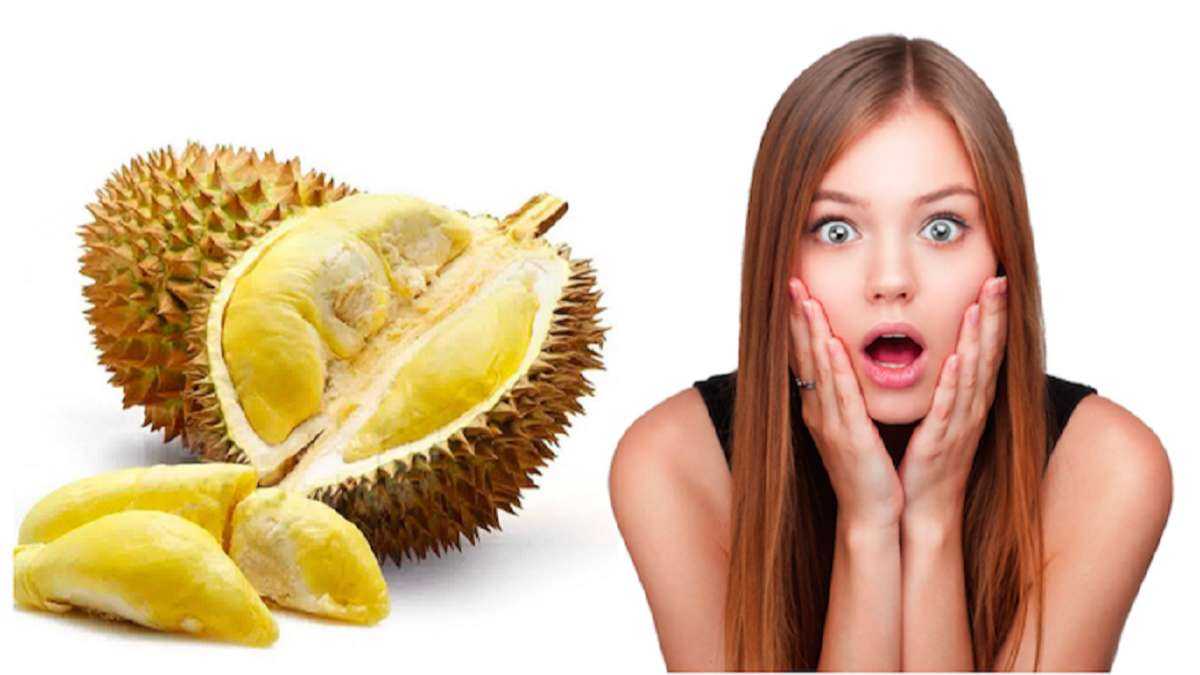There is no fruit that causes as many mixed emotions as durian because the smell of this fruit is very strange, people who like it say it’s fragrant, some don’t like think it’s unpleasant strong, even rotten.
Durian is a special fruit because it is a fruit that not everyone can eat. The feature that makes it famous not only in Southeast Asia but spread to many other Western countries is that it has a characteristic, heavy smell of the fruit pulp; even with the pods intact.

Some people “addicted” to eating durian find it sweet, but others are extremely uncomfortable with this smell. Many people are terrified of this fruit and describe it as the smell of rotten onions, turpentine or sewage.
So what makes durian have this “bad smell”?
Scientists at the German Research Center for Food Chemistry conducted a test for volatile compounds from the pulp of durian fruit by means of diluted extract aroma analysis (AEDA) and gas chromatographic analysis methods. They isolated 19 compounds and their influence on the overall smell of this fruit.
The team found that the most potent compounds in durian fruit produce odors similar to those of fruit, rotten onions and roasted onions. Compounds with a weaker odor are like cabbage and sulfur. In addition, simply combining the two component compounds, ethyl (2S)-2-methylbutanoate and 1-(ethylsulfanyl)ethanethiol, produces the overall odor of the whole durian fruit.
The results of the study were published in the December 2016 issue of the journal Agriculture and Food Chemistry.
Although the smell is quite heavy and difficult to smell, we cannot deny the nutritional value that durian fruit brings. With 100g, it provides 144Kcal of energy along with vitamin A, an abundant vitamin B group; Ca, Ka, P…. good for health.

Perhaps it is because of the combination of so many compounds that are both sweet and fragrant that durian possesses a special fragrance that many people love, some people cover their noses and run away.


 中文 (中国)
中文 (中国)